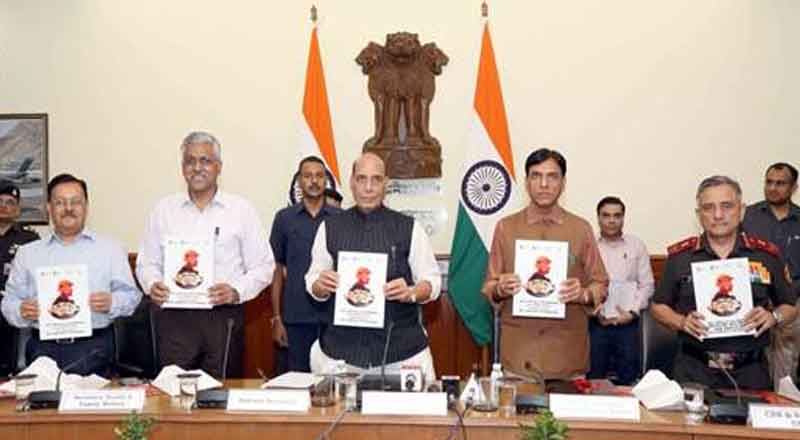The Information Technology industry of India is the backbone of the Indian economy and brings more than 100 billion dollars of foreign exchange reserves to the country every year and contributes 7-8% of India’s GDP and the pandemic has given the chance to the industry to expand further. However, the laws related to Information Technology (IT), Information Technology enabled services (ITes), Business Process Outsourcing (BPO) are still in the license-permit raj era. A press release of the Department of Telecom reads, “It is clarified that the registration requirement for OSPs has been done away with altogether and the BPO industry engaged in data-related work have been taken out of the ambit of OSP regulations. In addition, requirements such as deposit of bank guarantees, the requirement for static IPs, frequent reporting obligations, publication of network diagrams, penal provisions etc. have also been removed. Similarly, several other requirements, which prevented companies from adopting ‘Work from Home’ and Work from anywhere policies, have also been removed.”
Riding on the growth opportunities in the United States and Europe, the Indian IT companies posted double-digit growth in the last three decades. However, in the last few years, these markets have saturated, and therefore, the companies are looking for new avenues of growth in terms of services offered as well as geographic areas covered. The Indian government is aggressively promoting medium and small ITeS/BPO companies in non-English speaking regions like Africa, Latin America, China and Southeast Asia because knowledge of English is essential for coding at the commercial level and therefore these countries cannot train software engineers/BPO employees in large numbers.
Secondly, there are certain announcements like, Production Linked Incentives (PLI) to handset manufacturers to liberalization, modernisation of the industries which are under the ambit of these ministries, would help the country to become a five trillion dollars economy by 2025.
At present we are living in a volatile environment and Dr. Sanjay Bahl, Director General, CERT-In mentioned it as AAJA. Further elaborating on this he said, “We are living in an AAJA environment. The first A refers to A-sthirta means volatile. The second A refers to A-ni-shchita means uncertain – lack of clarity about the present and the future. J refers to Jatilta means complexity – the multiple factors which are impacting key decisions. And the last A refers to Ash-spashtta means ambiguity – lack of clarity about the meaning of events. So, why is it now that we require acceleration of business transformation because now we are living in this AAJA world and this is an extraordinarily challenging time, where this pandemic has given rise to a contact free economy which is accelerating digital business transformation and it is changing our society, government and industry?
So, businesses are now taking informed data driven decisions and making choices which have the potential to shape our economy, politics, Digital India, culture and society. We need to decide what kind of society, government and industry we wish to create rather than trying to foresee the kind of society, government or industry that will be created. So what would be the building blocks for digital transformation?
It requires connectivity, without it obviously there is no digital transformation. Once you have connectivity, the tools etc. then you should know how to effectively use them. For that you require skills. Once you have these, you need some policies to address the security and privacy issues in the digital transformation and also you need governance and strategy coordination.”





